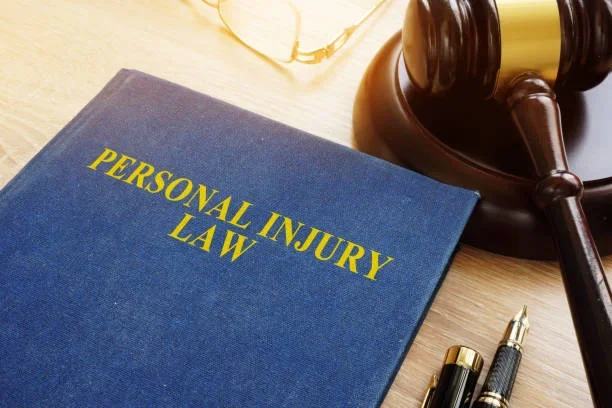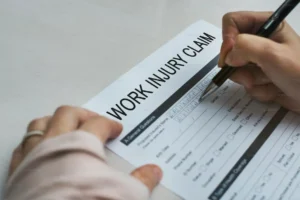Disclaimer: This content is intended for informational purposes only and should not be considered legal advice. Please consult a licensed attorney in your area for advice regarding your specific situation.
Timing plays a crucial role in personal injury claims. After an accident, it’s easy to focus on medical treatment and immediate financial concerns, while legal deadlines seem like a distant problem. Unfortunately, missing the statutory deadline to file a claim in Michigan can mean permanently losing your right to compensation. Anyone unsure about their timeline should speak with a Michigan personal injury lawyer before making assumptions about eligibility.
Understanding Michigan’s Time Limit for Injury Claims

Michigan law generally gives accident victims three years from the date of the injury to file an injury lawsuit. This applies to most cases involving car accidents, slip and falls, dog bites, and other negligence-based injuries. If you miss this deadline, the court will likely dismiss your case, no matter how serious your injuries are.
It’s important to understand that filing a claim with an insurance company is not the same as filing a lawsuit. The statute of limitations refers specifically to court action. Even if settlement negotiations are ongoing, you still need to formally file your case before the deadline expires to protect your rights.
Exceptions That May Extend the Deadline
While three years is the standard time frame, Michigan law allows for certain exceptions. These are not automatic and often require clear proof of special circumstances. Knowing these details can make all the difference if you are approaching or have passed the typical deadline.
Some exceptions include:
- Injured minors: If the person hurt is under 18, the statute is paused until they reach adulthood. Once they turn 18, they usually have one year to file.
- Mental incapacity: If the injured person is mentally incapacitated at the time of the incident, the clock may be paused until they regain legal capacity.
- Discovery rule: In rare cases, if the injury or its cause is not immediately known, the time limit may start when the harm is discovered rather than when it occurred.
- Defendant leaves the state: If the at-fault party moves out of Michigan after the incident and before the lawsuit is filed, their absence may not be counted toward the three years.
These scenarios are highly fact-specific and often require legal guidance to determine whether an exception truly applies.
How Waiting Too Long Hurts Your Case

Even if you believe you have time left, waiting to take legal action weakens your claim. Evidence can disappear, memories can fade, and witnesses may be harder to contact. Insurance companies often take advantage of delays to question the seriousness of your injuries or suggest that another event may have caused them.
Medical records, photographs of injuries, repair estimates, and police reports are all critical to proving liability and damages. The longer you wait, the harder it becomes to gather this supporting documentation. If you decide to file close to the expiration date, your legal team may not have enough time to investigate the case and prepare your lawsuit properly.
Common Mistakes People Make About Time Limits

Many injury victims misunderstand how statutes of limitations work. Some believe the clock starts when they realize the extent of their injuries, while others think it resets if they speak with an insurance adjuster. These errors often result in missed filing deadlines and lost legal rights.
Here are a few common misconceptions:
- Believing insurance negotiations pause the deadline
- Thinking you can file once your treatment is complete
- Assuming the clock restarts with every new injury symptom
- Not knowing the difference between a claim and a lawsuit
- Assuming the court will make an exception for serious injuries
Relying on these ideas can have serious consequences. Always get legal advice before assuming you still have time.
Don’t Assume You Missed Your Chance to File
Even if you think it’s too late, you may still have options. Every case is different, and what seems like a missed deadline could fall under an exception. At the very least, an attorney can review your situation and explain whether the law still allows you to move forward.
Some people find out they were injured long after the original incident, especially in cases involving toxic exposure or medical issues that take time to appear. Others may have received incorrect information from an insurer or another party. These situations deserve a second look.
Talk to a Michigan Personal Injury Lawyer Today
If you’re uncertain about the validity of your injury claim, consider consulting a Michigan attorney to understand your rights better. Timely legal guidance can help you determine your next steps.












